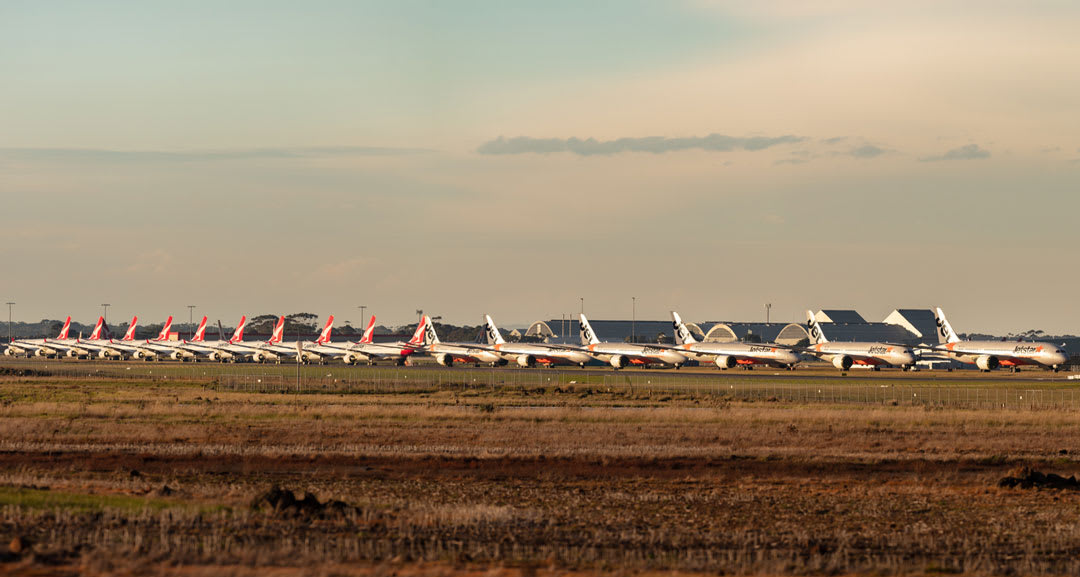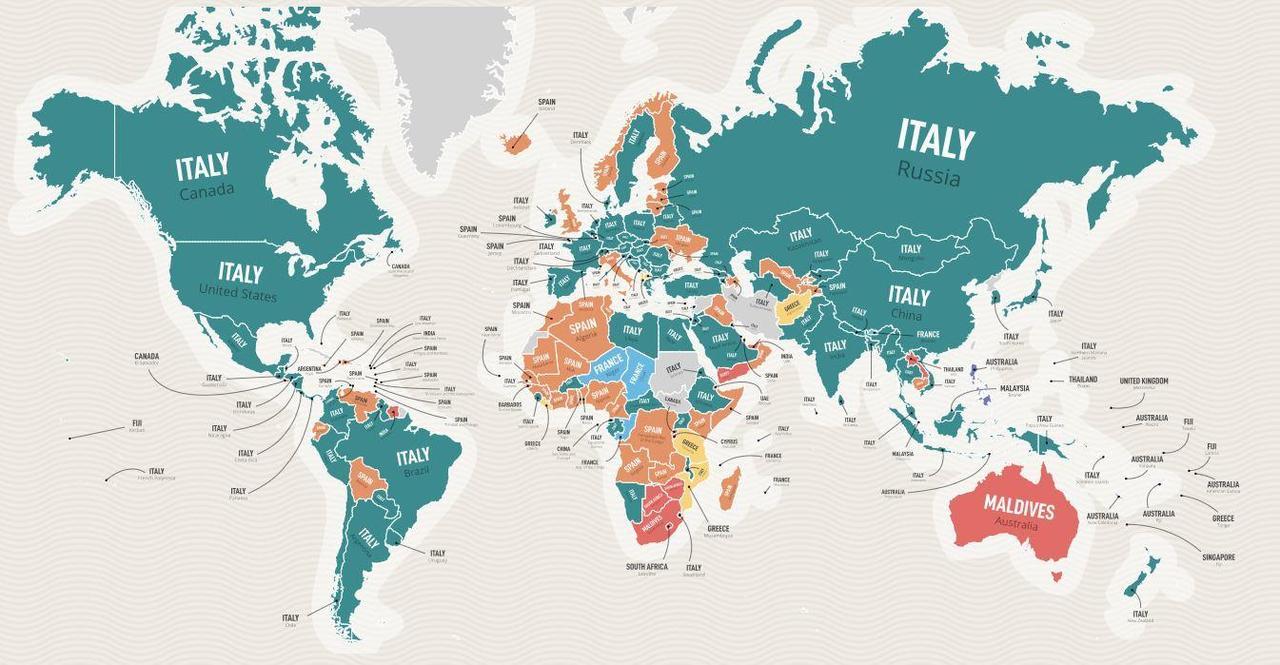In this episode of A Different Lens, we ask experts from fields including science, business, arts, design, medicine and health, and engineering what they think the future of travel looks like – from driverless cars, personalised public transport and flying taxis, to SpaceX travel. We also ask, why is implementation of these progressive initiatives so slow? And what risks are we willing to bear in the pursuit of rewards?
What Does the Future of Air Travel Look Like?
In the face of climate change, the airline industry knew it had to make significant adjustments, but then COVID-19 disrupted all the plans, grounding the world’s largest jets.
“This has been a perfect storm for the airline industry,” says aviation expert Greg Bamber. “We’ve not seen a crisis like this in peacetime for the industry since it began at the end of the First World War.”
Airlines have gone bankrupt or into voluntary administration, including Virgin Australia. Thousands have been made redundant, “and some of these people will never return to the industry again”, he says.
In 2018, air travel contributed 2.5% to global CO? emissions – but its contribution to global warming is higher because of how jet contrails affect the upper atmosphere.
While some of the COVID-enforced changes are temporary – domestic Australian travel may bounce back quickly when the virus is definitely suppressed here and borders stay open, he predicts, with reunions of families and friends as important drivers – other changes will alter the way we fly, perhaps forever.
“There will be less competition. [Under its new owners, Virgin Australia is smaller, and Tigerair is no longer flying. Rex may compete with Qantas and Virgin, but only on a few trunk routes.] In the medium term, fares may be higher while airlines try to rebuild their balance sheets after losing so much money in the last year.”
The service we used to experience at the airport will be reduced or will disappear, he says. Some changes introduced during the COVID era with the aim of reducing personal contact between customers and staff will remain because they also save costs, Professor Bamber says.
“Customers are being encouraged to do all of their check-in arrangements online, and the same trends are happening when they check in their luggage,” he says.
“If your flight is cancelled for no reason that you’ve contributed to – bad weather, or a volcano erupting, or a mechanical issue – you used to go to the airline service counters in the airports, to quickly rebook a flight. In the future, people are going to be told to make their own arrangements using a smartphone.”
People who are not experienced with using digital devices will be disadvantaged, he predicts. And everyone will suffer when online systems become overloaded and stall, or if they crash for other reasons.

Qantas, an airline that has traditionally provided a full service, has already announced that its airline service counters will close. Professor Bamber describes the move as “a mistake”.
Changes to the way we work that began during the COVID era will also affect aviation, Professor Bamber says. Many interstate meetings and overseas conferences will likely be replaced with Zoom-style meetings – spontaneous personal interactions will become rarer. But time, money and carbon emissions will all be saved.
Some jets will retire forever. “We probably won’t be flying on Boeing 747s, the queen of the skies, anymore,” Professor Bamber says. “After half a century of providing mass jet-age travel, they’re being phased out by most airlines, going to the airline boneyard to be dismantled. [Some may continue flying as freighters.]
“Also, the ‘super jumbos’, the A380s, have largely been parked in desert locations, near Alice Springs or in California or in Spain. They won’t be flying again for a while. Maybe they’ll never fly again? Jumbos and super jumbos are really heavy and have four engines; they’re very thirsty.”
What will replace them?
“We’ve already seen an increasing use of twin-engined planes, made of materials that are lighter, and they’re more fuel-efficient,” Professor Bamber says.
“But also, the industry is experimenting with biodegradable fuels, coconut oil, and other alternative fuels, such as hydrogen, or perhaps electricity. British Airways has been trying to recycle some of the waste materials from London, which normally go into landfill, into aviation fuel.”
But in the short term, there doesn’t yet seem to be a general alternative to traditional aviation fuel. In 2018, air travel contributed 2.5% to global CO? emissions – but its contribution to global warming is higher because of how jet contrails affect the upper atmosphere.
What does this mean for Australians, who depend on jets to keep them in touch with family and friends overseas, and to see the wider world?
“Future travel patterns will reflect the economics of flying, and also health considerations,” Professor Bamber says.
“Airlines can make predictions about the future of travel, but until an effective vaccination is accepted by enough people, most predictions are merely guesstimates! It’s governments rather than airlines that issue visas, decide to open or close borders, and to impose quarantine.
“The wise remark by Nobel laureate Nils Bohr is especially applicable to the current situation of airlines: ‘Prediction is very difficult, especially if it’s about the future’!”
This article was first published on Monash Lens. Read the original article
Please share this article so that others can discover The BFD.

